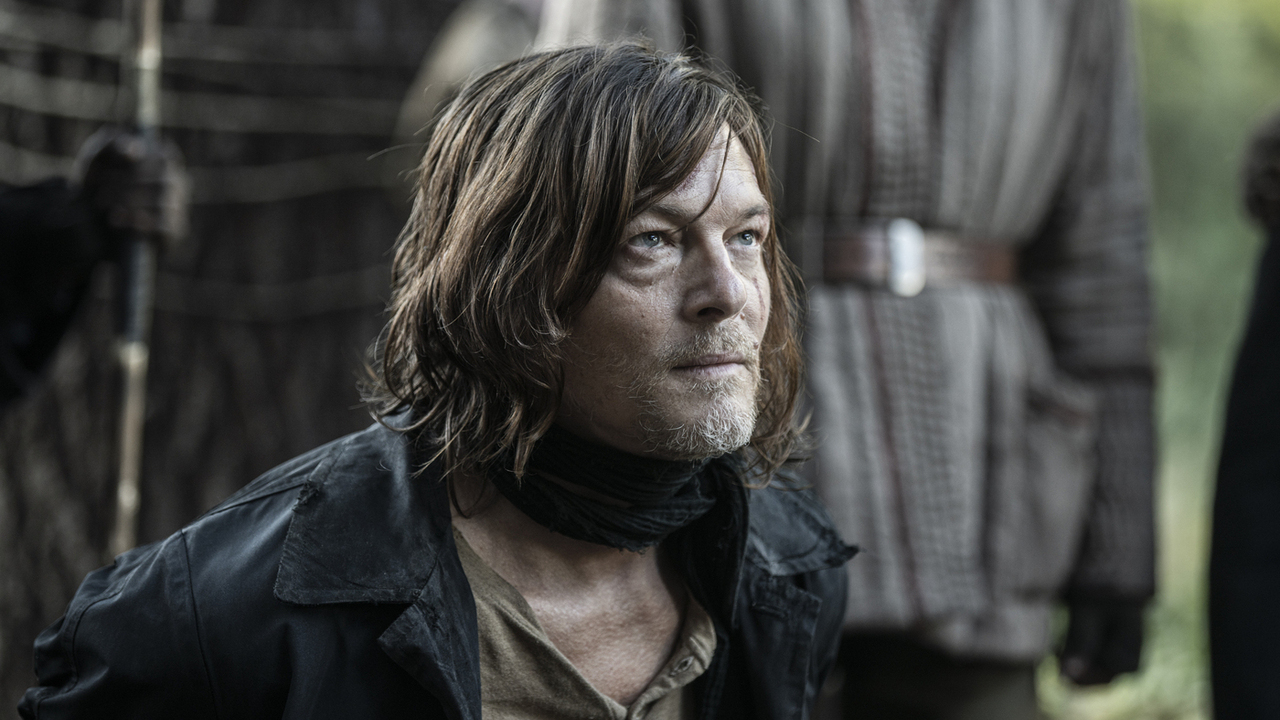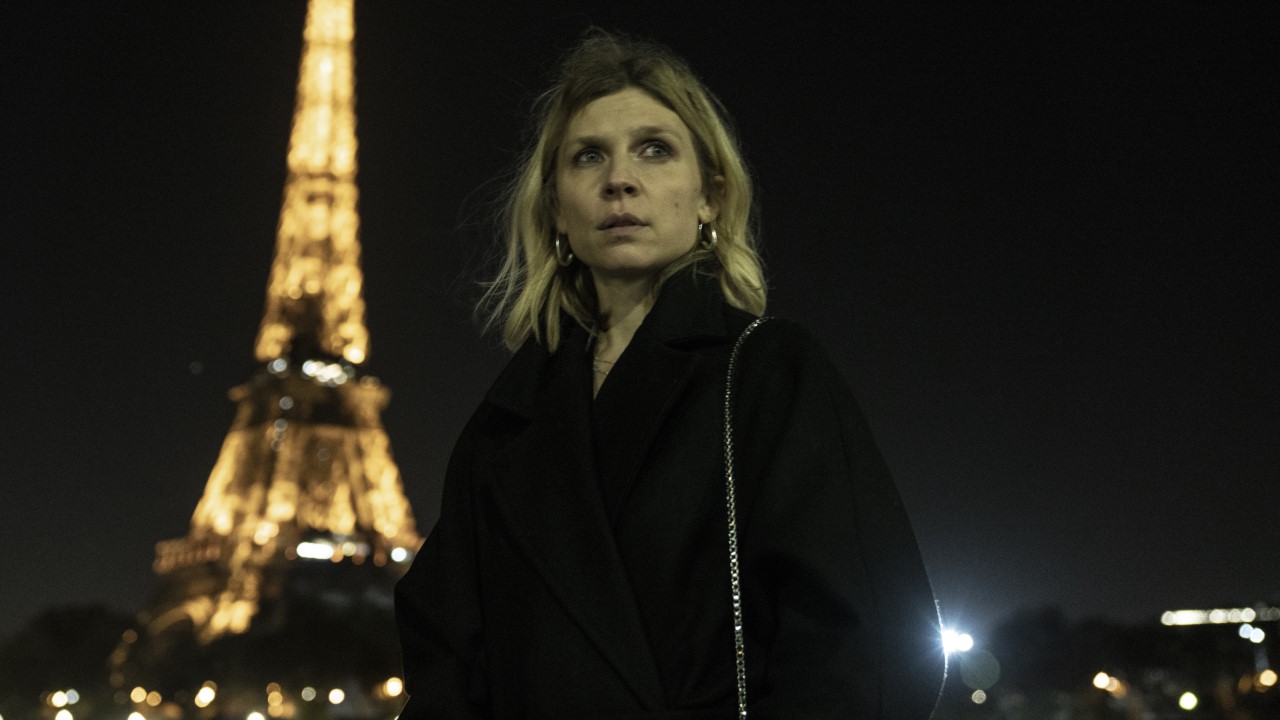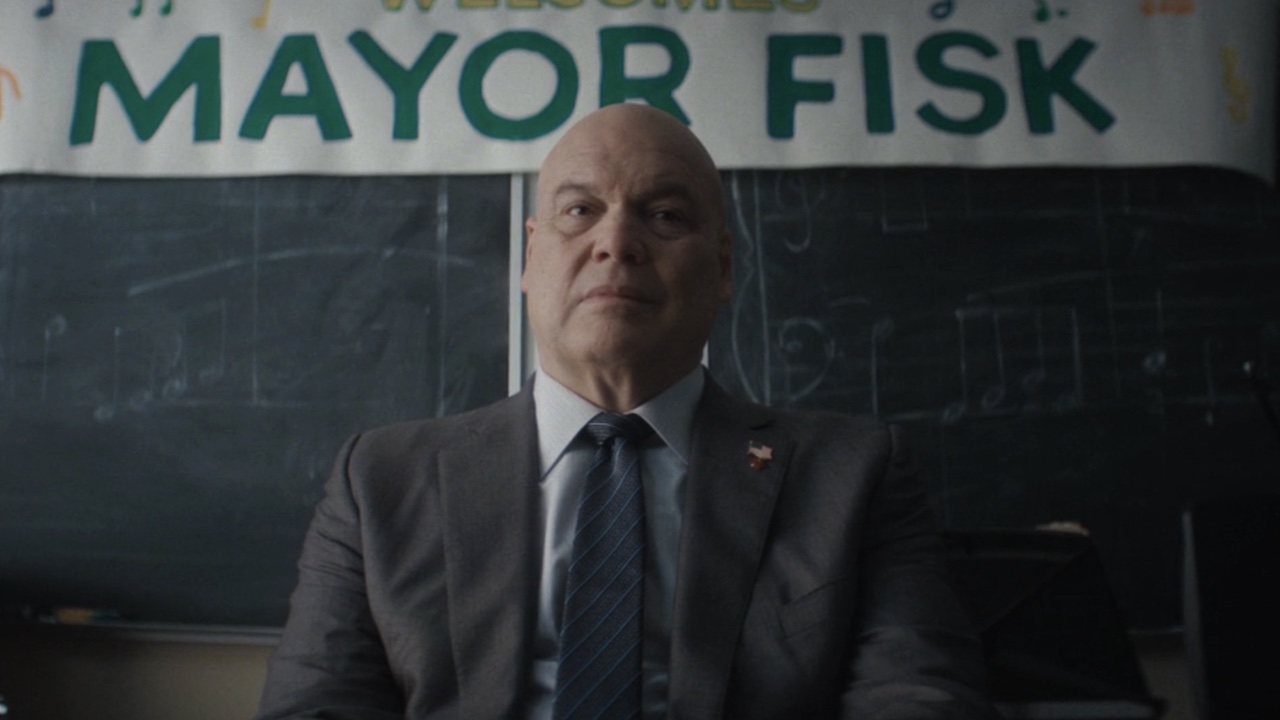The Walking Dead: Daryl Dixon's French Flashback Sort Of Addressed A Zombie Outbreak Detail I Hadn't Thought About Much Before
Perhaps not the most sympathetic state of mind.
Your Daily Blend of Entertainment News
You are now subscribed
Your newsletter sign-up was successful
Spoilers below for the second episode of The Walking Dead: Daryl Dixon, so be warned if you haven’t yet watched!

The Walking Dead: Daryl Dixon Cast: Where You've Seen The Actors Before
Considering the sheer breadth of The Walking Dead universe at this point, from comics to video games to TV shows, I wasn’t sure if there were any original thoughts left for me to have for the very first time when experiencing this brand. And yet it happened during the cold open for TWD: Daryl Dixon’s second installment, “Alouette,” which offered viewers a look back to what life was like for Clémence Poésy’s not-so-innocent Isabelle right when the world turned upside-down.
The flashback scenes also offered insights into elements introduced in the premiere, showing how Isabelle found her path as a nun, while also laying out the potentially unique origin story for Louis Puech Scigliuzzi’s Laurent. But before all that could happen, the ep inspired me to consider a not-exactly-deep question that I nonetheless hadn’t really thought about before:
- Could the zombie apocalypse have been slowed at all if every living person’s first instinct would have been to toss aside empathy and subdue or flat-out kill the undead?
The Walking Dead franchise has only offered up a few different looks at the very early days of the zombie apocalypse, and usually in a limited-in-scope capacity, with Fear the Walking Dead’s first season being the most extended approach to events surrounding Z-day, as it were. And so I admittedly haven’t spent a whole lot of time hypothesizing about how that hectic period could have gone for everyone involved, since we’ve already seen the aftermath.
And yet, perhaps because audience members such as myself have witnessed many years of brutal character decisions in this world, the juxtaposition of Daryl Dixon's flashback basically made me think about what might have happened if the survivors had all the knowledge and experience of post-apocalyptic life somehow embedded into their DNA, so that their first reactions to seeing reanimated corpses wouldn't have been to panic and run away, but to try and immediately eliminate the threat before it could do further damage.

After all the drug-fueled dancing and thievery — which featured the über-French moment of Isabelle lighting a cigarette with the Eiffel Tower lit up in the background — the episode honed in on some public panic over a smattering of walkers down the streets and on the subways of Paris. Isabelle was understandably as shocked as everyone else, more inclined to stare in horror over being active, but was snapped out of that whenever her partner in crime drove up and slammed his car into the walker that was following her. And even though it didn't actually kill the thing, the dude's more violent instincts were what had me wondering what kind of impact it might have had if everyone was fueled by the same ideas.
Which isn't a very realistic idea on the surface, since it would require a universal lack of empathy, as well as the wherewithal to confirm the difference between the living and the dead before going ham on some walkers. Which, I suppose, really just circles back to this age-old idea: "Why do characters in zombie fiction so rarely get to apply knowledge from other forms of zombie fiction?" And I know that TWD co-creator Robert Kirkman's inherent George Romero fandom is tied to the comic book characters being unaware of the subgenre as a whole. So maybe that has something to do with why I haven't actively thought about how the earliest days could have gone differently in this world.
Your Daily Blend of Entertainment News
Really, though, I'm mostly considering an idealized version of that scenario, in which the action-taking survivors used only long-range weaponry that didn't put others in danger. The reality wouldn't be nearly as neat, as I'm sure a bunch of people who would confront the walkers would unintentionally get infected and eff up the whole shebang.
Even if this was a thought experiment without any real paramenters or endgame, credit goes to the critically applauded spinoff The Walking Dead: Daryl Dixon for inspiring some new ideas in my own half-dead noggin. I really dig the new show's change in locale, and how that helps it stand apart from Dead City and the flagship drama, while also giving Daryl a new set of characters to mix it up with during his mystery-cloaked journey.
Fans don't need to worry about Norman Reedus' character being killed off anytime soon, with Season 2 already ordered up, though the same sense of confidence probably shouldn't be had for all the supporting characters. Here's hoping Isabelle and others survive long enough to appear in other upcoming Walking Dead shows.
The Walking Dead: Daryl Dixon airs Sunday nights on AMC at 8:00 p.m. ET, and streams on the same day for AMC+ subscribers. Head to our 2023 TV premiere schedule to see what else is hitting the small screen in the near future.

Nick is a Cajun Country native and an Assistant Managing Editor with a focus on TV and features. His humble origin story with CinemaBlend began all the way back in the pre-streaming era, circa 2009, as a freelancing DVD reviewer and TV recapper. Nick leapfrogged over to the small screen to cover more and more television news and interviews, eventually taking over the section for the current era and covering topics like Yellowstone, The Walking Dead and horror. Born in Louisiana and currently living in Texas — Who Dat Nation over America’s Team all day, all night — Nick spent several years in the hospitality industry, and also worked as a 911 operator. If you ever happened to hear his music or read his comics/short stories, you have his sympathy.
